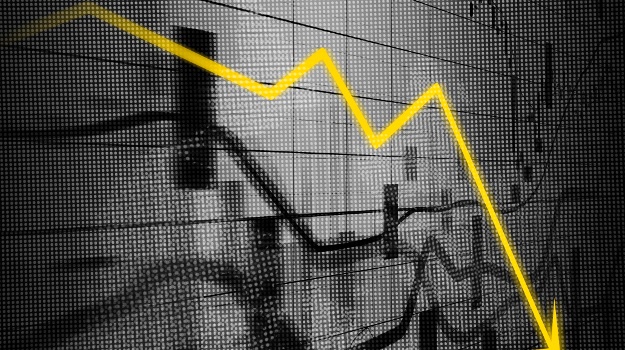
- For more financial news, go to the News24 Business front page.
South Africa faces a 45% chance of slipping into recession this year as South Africa’s electricity crisis deepens, according to a survey of economists by Bloomberg this month.
The probability of it happening in the coming 12 months increased from odds of 35% in November, around the start of the longest streak of consecutive daily power cuts. The latest Bloomberg monthly survey of economists was conducted from 9-12 January, with seven economists responding to a question about the chance of a recession.
The prediction comes as the country’s ongoing energy crisis risks intensifying and dim global economic prospects threaten to further curb domestic output. The outlook for South Africa’s economy in 2023 "isn’t impressive", Finance Minister Enoch Godongwana said last week, citing electricity supply constraints.
Eskom, the state-owned company that produces almost all of South Africa’s electricity, has for the past seven days subjected the country to record power cuts — as much as 12 hours a day — to protect the power grid from collapse as its aging, mostly coal-fired power stations fail.
It has already used up money for diesel supplies allocated to fuel auxiliary plants for the year through March and a unit at its nuclear station is shut down for a revamp, meaning any additional faults among its assets and infrastructure could move South Africa to its highest level of outages yet.
The economy is unlikely to grow by more than 0.3% quarter-on-quarter through 2023, according to Bloomberg’s survey. Economists see gross domestic product growth slowing to 1.2% this year from 2.3% in 2022.
While inflation is expected to ease, it’ll only be back near 4.5% — the midpoint of the central bank’s target range at which the monetary policy committee prefers to anchor price-growth expectations — in the fourth quarter, before accelerating again into 2024.
The South African Reserve Bank will probably extend its most aggressive monetary policy tightening in at least two decades, with the key interest rate rising to 7.5% by the end of the first quarter from 7% now. A gradual easing of borrowing cost will start in the fourth quarter, according to economists. The central bank will give its next decision on the benchmark rate on 26 January.
-With assistance from Rene Vollgraaff.




 Publications
Publications
 Partners
Partners












